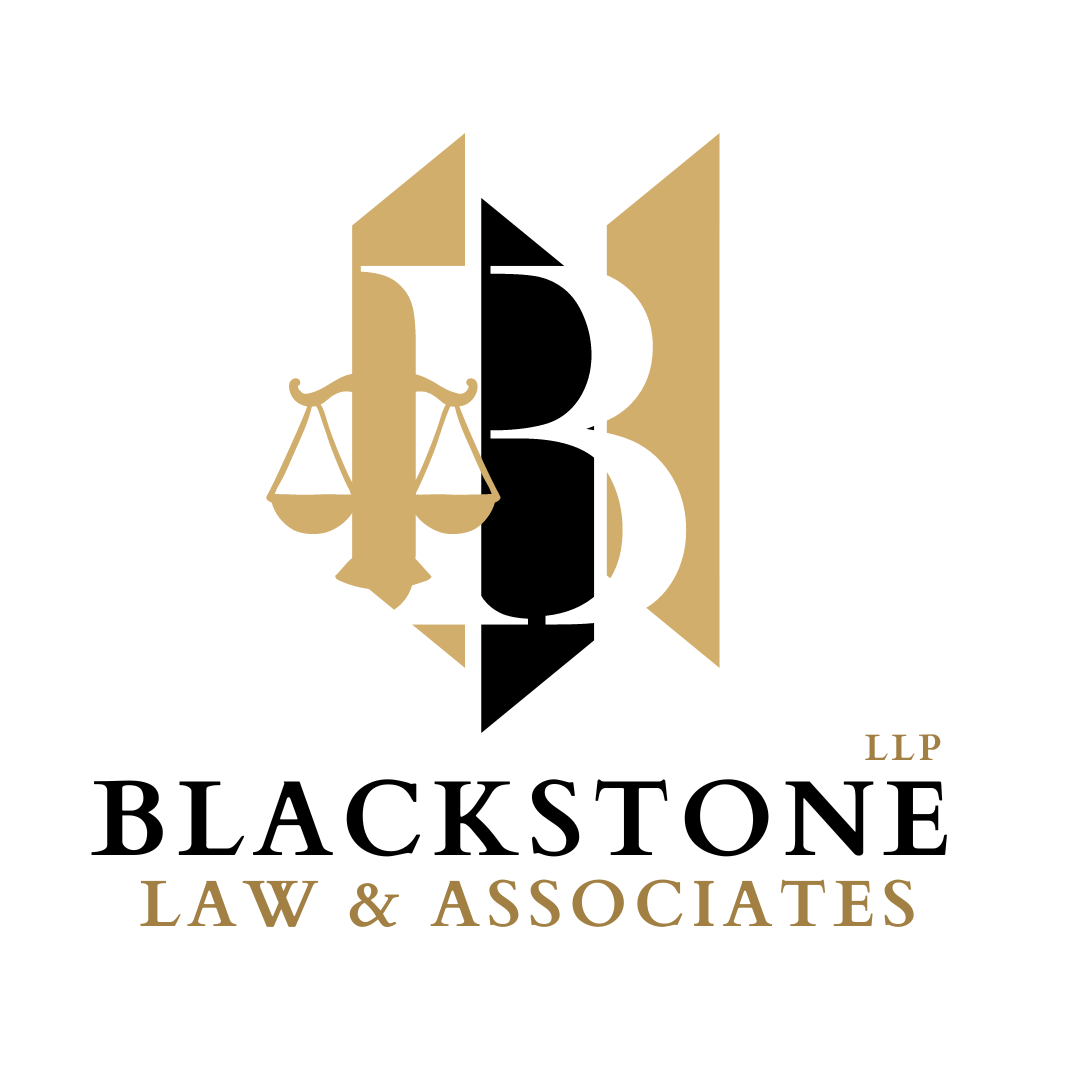Business licenses: Applying for and obtaining necessary business licenses for your startup
Starting a business in Pakistan necessitates adherence to legal and regulatory requirements, including the securing of necessary business licenses. Business licenses are official government authorizations that allow entrepreneurs to legally operate their startup. This article offers a comprehensive guide to applying for and obtaining the necessary business licenses in Pakistan for your startup.
Here's a comprehensive step-by-step guide to applying for and obtaining a business license in Pakistan for a startup:
Determine the Type of License: Based on the nature and location of your startup, determine the specific license required for the business. Trade licenses, professional licenses, industrial licenses, tax registrations, health and safety permits, and environmental permits are examples of some common licenses.
Research and Understand Requirements: You need to thoroughly research each license's requirements. Consult the websites of relevant government agencies, such as the Securities and Exchange Commission of Pakistan (SECP), the Federal Board of Revenue (FBR), and provincial departments. Understand the eligibility requirements, required documents, fees, and any additional requirements.
Select a Legal Structure: The next step is choosing a legal structure for your startup, such as a sole proprietorship, partnership, or private limited company. Specific licensing requirements may apply to different structures. Seek legal counsel of Blackstone Law & Associates to determine the best structure for your company.
Register with SECP or Relevant Authority: Depending on the nature of your business, you should register it with the SECP or the relevant authority. Private limited companies, partnerships, and other registered entities must complete this step as well.
Obtain Tax Registration: Another important step is to register with the Federal Board of Revenue (FBR) for tax purposes in order to obtain a National Tax Number (NTN) or Sales Tax Registration Number (STRN), depending on your business activities. Most businesses are required to register.
Visit Local Government Offices: To apply for a trade license, go to your local municipal authority or trade licensing department. Obtain the required application form and inquire about the specific requirements, fees, and any required supporting documents.
Application Forms: Fill out the application forms completely and accurately. Provide all necessary information, such as business details, owner information, business address, and other pertinent information.
Attach Supporting Documents: Gather and attach all required supporting documents for each license application. Proof of identity, address, registration certificates, business plans, and any other documents specified by the respective authorities are examples of acceptable documents.
Pay Fees: Determine the applicable fees for each license and make the required payment. Some government agencies accept online payments, while others require payments to be made through designated banks or authorized payment centers. As proof of payment, get a receipt.
Application Submission: Submit the completed application forms and supporting documents to the appropriate government departments. Maintain copies of all submitted documents for your records.
Follow-up and communication: Keep track of the status of your application by communicating with the appropriate authorities on a regular basis. Inquire about the status of your application, and be prepared to provide any additional information or address any concerns raised by officials.
Compliance and Renewals: Once you have received your business license, you must ensure that you are in compliance with all regulations and reporting requirements. Keep an eye out for renewal deadlines and make sure to renew your license on time to avoid penalties or interruptions in operations.
However you might face some challenges while applying for the license such as
Ambiguity in Regulatory Standards:
Lack of clear and standardized regulatory requirements cause confusion and inconsistency in application processes. To combat this, hire legal professionals to interpret regulations, provide guidance, and ensure compliance with the expectations of authorities.
Regulations Concerning Health and Safety:
It is necessary to meet health and safety standards in industries such as food service, healthcare, manufacturing, and construction. To get away with any health or safety issue, conduct thorough assessments, consult experts, implement safety measures, provide training, and keep detailed records.
Intellectual Property Protection:
The issue of intellectual property protection is also an issue. For this, seek legal counsel, register patents and trademarks, and put in place confidentiality agreements, nondisclosure agreements, and internal security measures.
Hence, It is critical to seek specific legal advice and tailor solutions to your specific circumstances and business needs.
Need Legal Assistance? Contact Blackstone Law & Associates LLP
If you or someone you know requires expert legal advice or assistance with the matter discussed in this blog post, do not hesitate to reach out to us at Blackstone Law & Associates LLP.
Our team of seasoned legal professionals is well-versed in these matters and is here to guide you through every step of your legal journey. We offer a free 30-minute consultation to help you understand and navigate your legal matters.
You can get in touch with us by emailing info@blackstonepk.com or calling us at 0305-5555149. Alternatively, if you wish to register your case and schedule your free consultation, please fill out this Google Form.
At Blackstone Law & Associates LLP, we're committed to providing effective legal solutions tailored to your unique situation. We look forward to assisting you.

